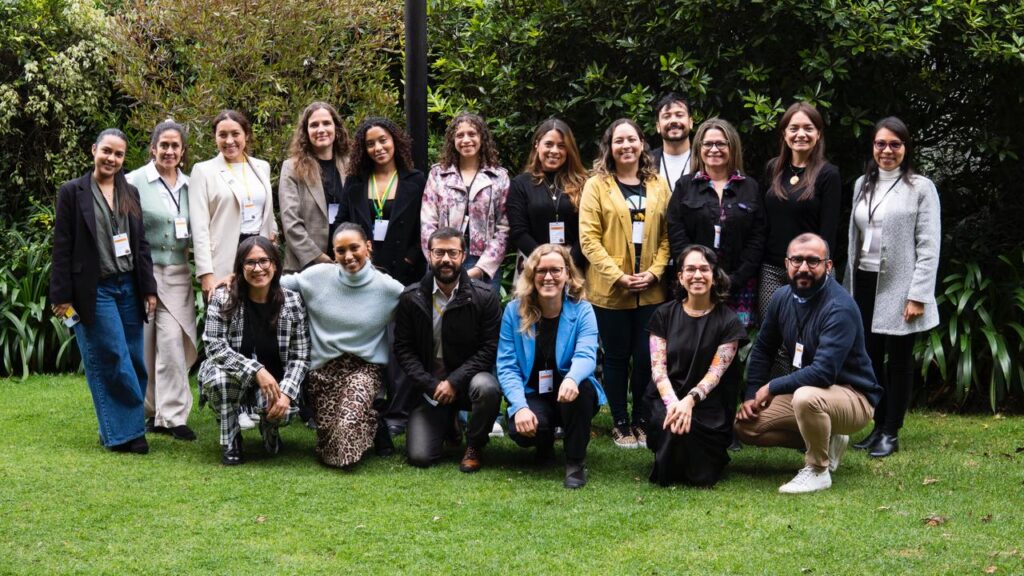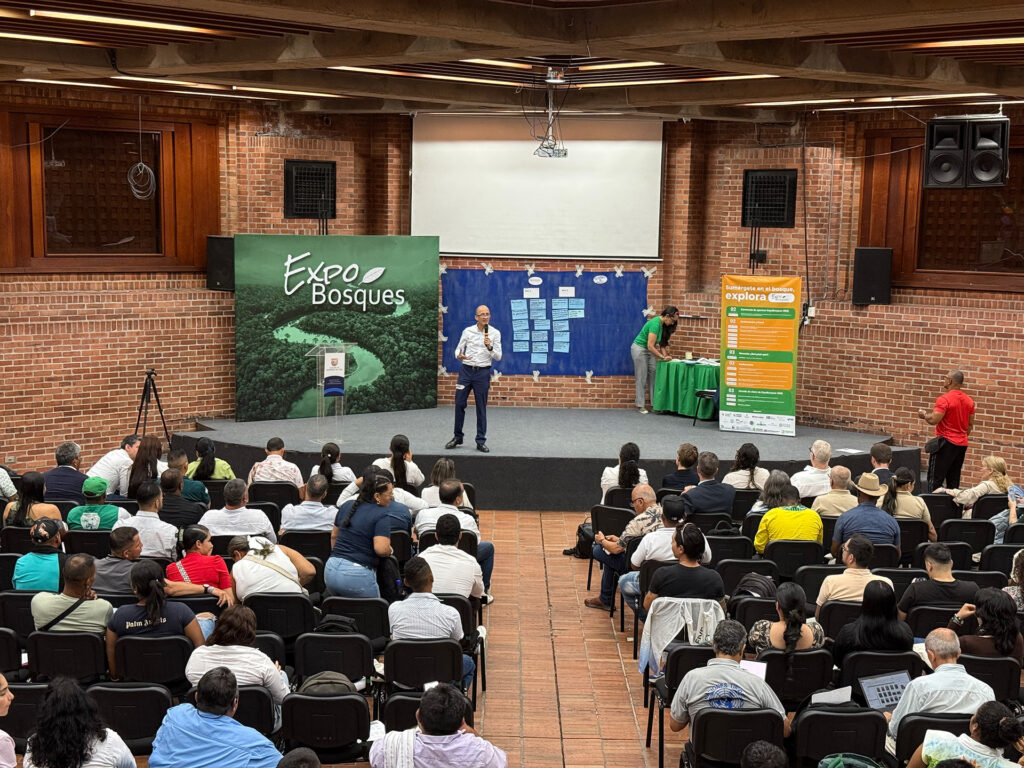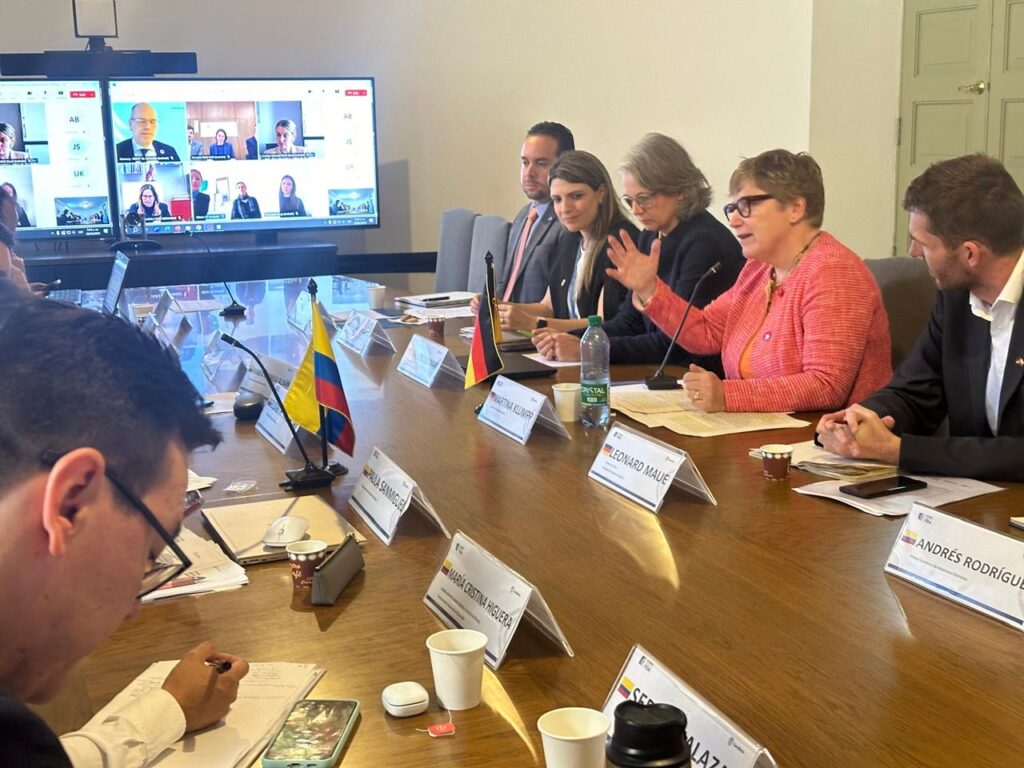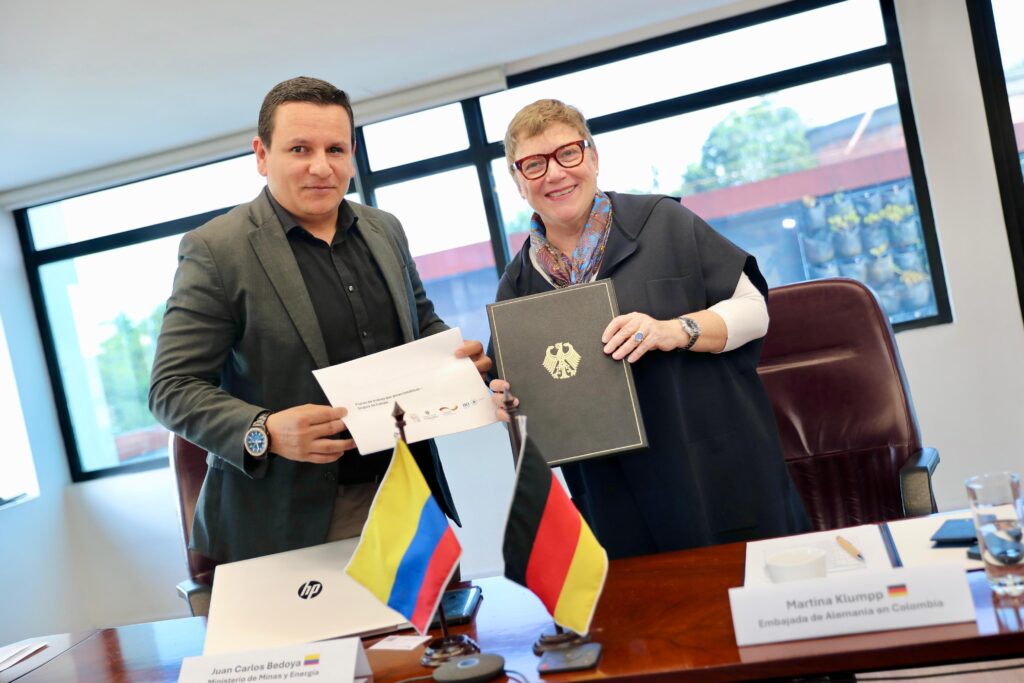Partnership for Climate and Just Energy Transition
The Climate and Just Energy Transition Partnership is the most important high-level political and technical management body between Colombia and Germany for the advance and promotion of climate and energy management in both countries. It was established through a joint Declaration of Intent signed in 2023 by both governments for the implementation of actions in the thematic areas of: 1) just energy transition, 2) climate protection, 3) conservation and sustainable use of biodiversity and the environment, 4) sustainable and resilient urban development, 5) climate and biodiversity financing.
It is the main framework for cooperation on climate and environmental issues between the two countries, fosters dialogue on climate and energy policies; strengthens and broadens support along the lines of the thematic areas; promotes cooperation with the private sector, civil society and the scientific community; and encourages participation and access for vulnerable groups in the just energy transition.
Objective of the Partnership
Both countries intend to embrace the international climate, biodiversity and sustainable development frameworks, with more ambitious aspirations and continuing the joint efforts defined within the framework of this Partnership. In this way, they seek to meet the long-term objectives of the United Nations Framework Convention on Climate Change (UNFCCC) and the Paris Agreement, in particular, to limit the increase in global average temperature to 1.5°C, as well as the objectives of the Convention on Biological Diversity (CBD), the Kunming-Montreal Global Biodiversity Framework and the United Nations 2030 Agenda for Sustainable Development.
This Partnership aims to contribute to the implementation of the NDCs (Nationally Determined Contributions) under the Paris Agreement, to promote a just energy transition and to strengthen the Biodiversity Action Plans within a context oriented towards a comprehensive and lasting peace.
Structure and members
This Partnership is made up of representatives of Colombian and German ministries, five thematic groups, representatives of technical cooperation agencies (GIZ) and financial cooperation (KfW), as well as actors from civil society, the private sector and academia that are linked to the promotion of economic and environmental development in Colombia and Germany.
Partnership for Climate and JET organization chart
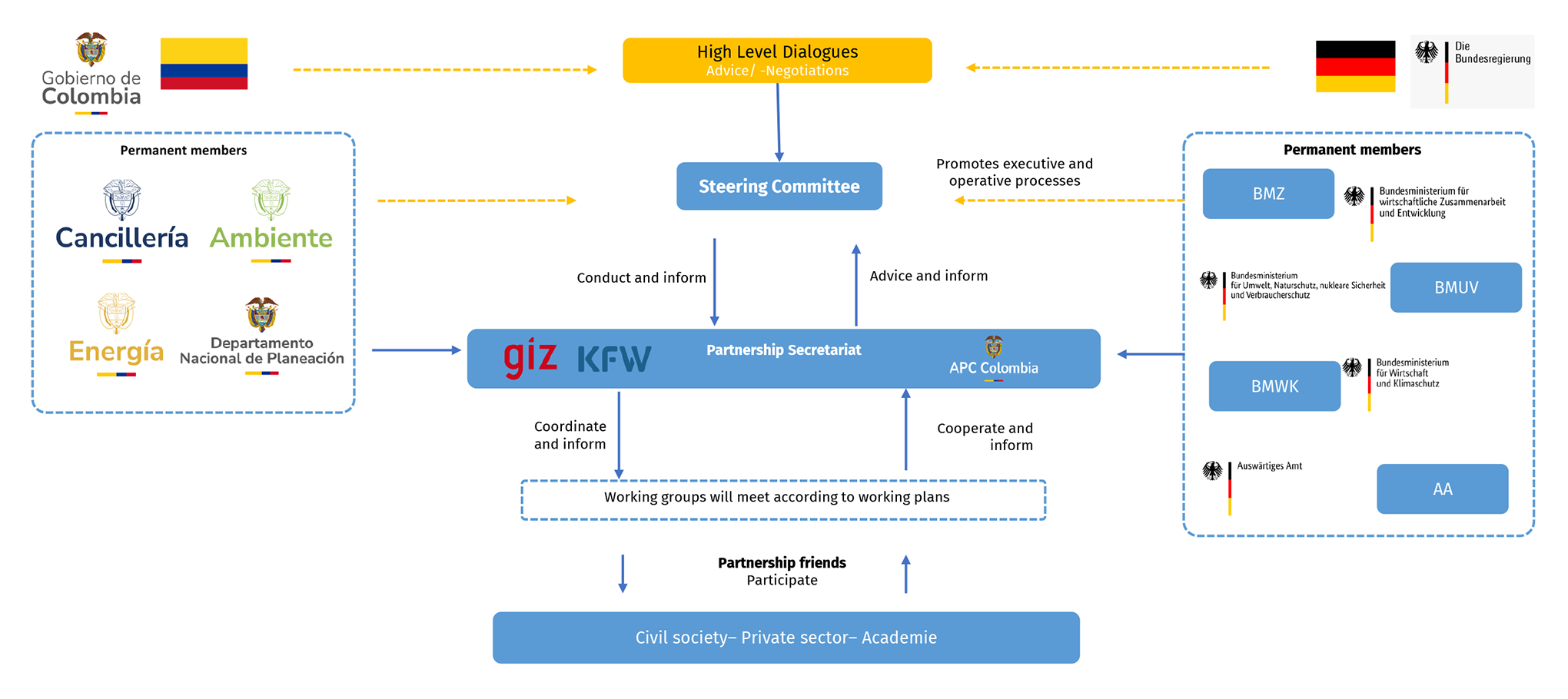
Working groups
The internal working groups are a common space created for the exchange of information and experiences to improve the coordination of bilateral cooperation in each of the five defined thematic areas.
Galería

Partnership for Climate and JET newsletter
Stay informed with our bimonthly newsletter. Request your subscription at secretariado.climatico@giz.de.
